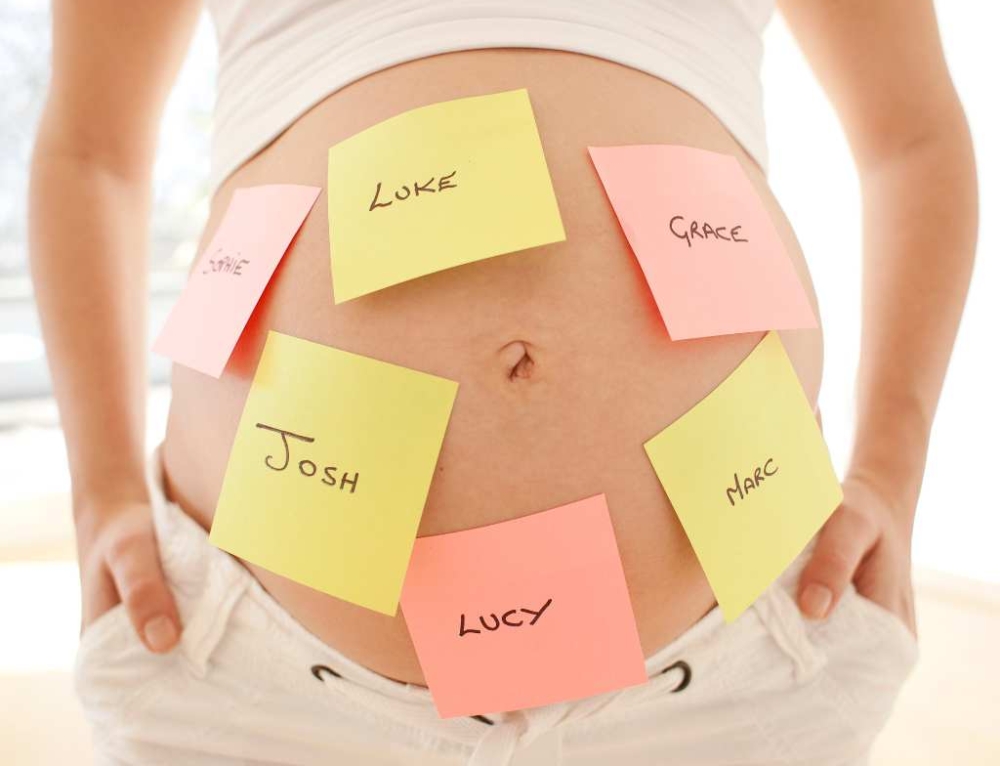Haemorrhoids, dilated blood vessels around or inside the anus, are a common problem during or following pregnancy. They are caused during pregnancy by the decreased flow in the area around the uterus and the pelvis because of the weight of the uterus, causing congestion or blockage of circulation.
Pregnant women most often develop haemorrhoids during the second trimester and third trimester. Hormone changes and the growing foetus are contributing factors. Haemorrhoids may worsen toward the end of pregnancy. They may also get worse with each succeeding pregnancy.
Haemorrhoid treatment includes avoiding constipation by eating adequate amounts of fibre and drinking lots of fluid. If haemorrhoids cause you a great deal of discomfort, discuss it with your doctor. He or she will know what treatment method is best for you. If haemorrhoids are a problem, try any one of the following suggestions for relief.
- Rest for at least one hour every day with your feet and hips elevated.
- Lie with your legs elevated and knees slightly bent when you sleep at night.
- Eat adequate amounts of fibre, and drink lots of fluid.
- Take warm (not hot) baths for relief
- Suppository medications, available without a prescription, may help.
- Apply ice packs or cotton wool soaked in witch hazel to the affected area.
- Don’t sit or stand for long periods
- Your baby puts pressure on your anus – if you get up and walk every once in a while you may feel better.
This article was written for Kidspot – New Zealand’s parenting resource for during your pregnancy.







Leave A Comment
You must be logged in to post a comment.